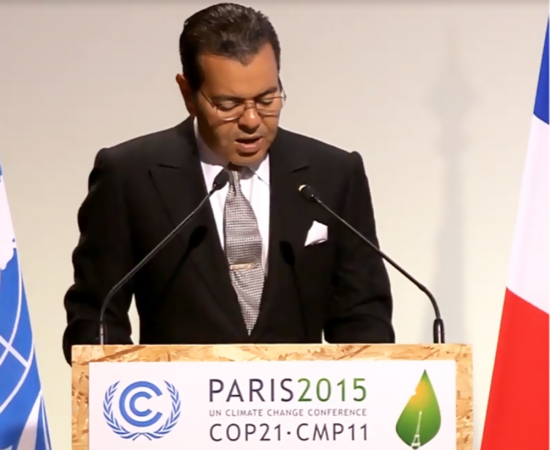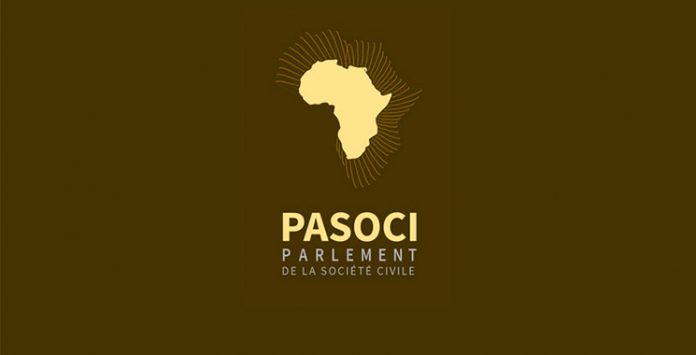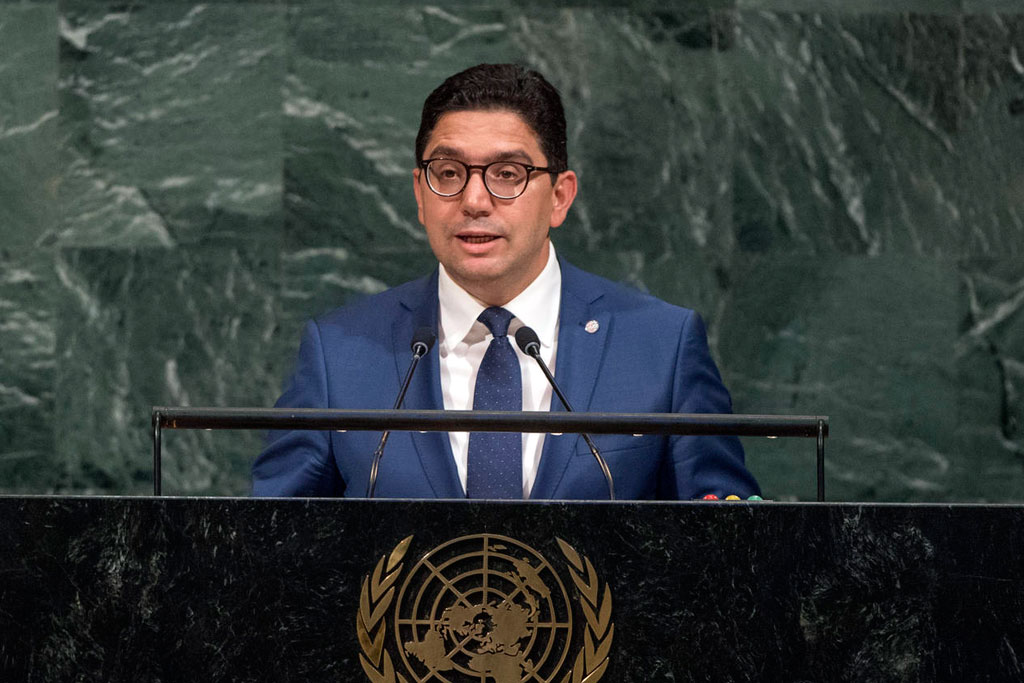High transport costs across Africa continue to hinder regional integration on the continent since large-scale transport infrastructure investments require huge investments, according to a recent World Bank report titled ‘How Does Infrastructure Support International Trade?’
The World Bank report argues that global trade has contributed to economic growth and poverty reduction in the past three decades, whereby transport infrastructure stimulates trade which brings about economic growth and reduces poverty. To that end, to better share the gains of trade, more road infrastructures are needed to provide a better connection between regions of a country and countries in a given area as well, which will serve as the basis for improving intra-African trade. Once set up, road infrastructure can “reduce transport costs both within countries and to other countries, increasing internal as well as external trade integration,” reads the report in part.
The World Bank report emphasizes the need to understand and value how “inter-regional trade responds to changes in transport costs in developing countries, and the extent to which they increase volumes for existing traders or induce additional traders to enter the market.” Such figures would tell policymakers the exact value of investing in a road, despite the initial seemingly expensive and almost unnecessary costs. This is the math that African Union officials must conduct to invest in intra-African trade. Research shows that to reach this feasibility valuation, “both transport infrastructure, as well as characteristics of the markets for transport services, affect the final transport prices,” the report concludes.


